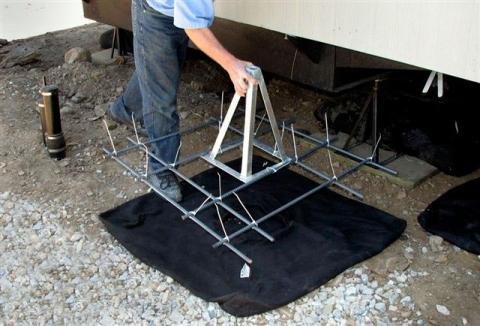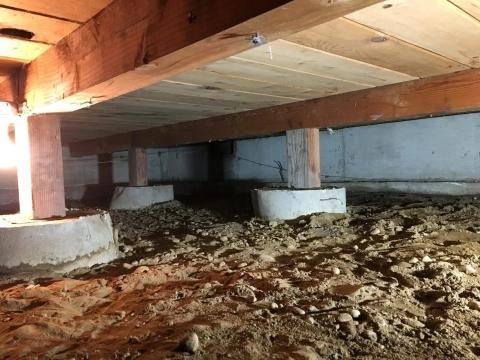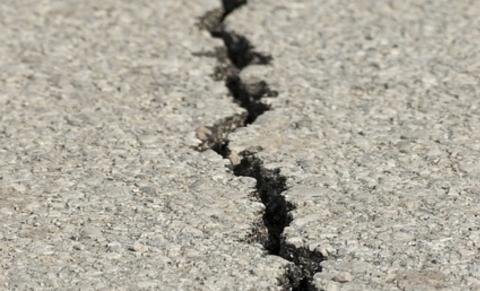How Weather Affects Your Home’s Foundation and What to Do About It
Your home’s foundation is a steadfast support system, but it’s not impervious to the influence of weather. From scorching summer heat to freezing winter cold, the elements can take a toll on the structural integrity of your foundation. In this article, we’ll explore how weather affects your home’s foundation and provide practical solutions to safeguard it against the forces of nature.
1. Summer Heat and Drought:
Effect on Foundation:
During hot and dry summer months, the soil around your foundation can shrink and contract due to moisture loss. This can lead to soil settling and an uneven distribution of weight on the foundation.
What to Do:
Maintain Consistent Moisture: Regularly water the soil around your foundation to maintain consistent moisture levels. This helps prevent excessive shrinkage and soil settlement.
Use Proper Irrigation Techniques: Ensure that your irrigation system is effectively reaching the soil around the foundation. Consider soaker hoses or drip irrigation to provide slow, consistent moisture.
2. Heavy Rainfall and Flooding:
Effect on Foundation:
Excessive rainfall can saturate the soil, leading to swelling and expansion. This can exert pressure on the foundation walls, causing them to bow or crack.
What to Do:
Improve Drainage: Ensure proper drainage around your home by installing gutters, downspouts, and proper grading. Redirect rainwater away from the foundation to prevent soil saturation.
Install a Sump Pump: In areas prone to flooding, a sump pump can help remove excess water and prevent it from reaching the foundation.
3. Freezing Temperatures and Frost Heave:
Effect on Foundation:
In colder climates, freezing temperatures can cause the soil to freeze and expand, leading to frost heave. This upward movement of the soil can lift and damage the foundation.
What to Do:
Proper Insulation: Ensure that your foundation is adequately insulated to minimize exposure to freezing temperatures. This can help prevent frost heave.
Maintain Consistent Interior Temperature: Keep your home’s interior temperature consistent to minimize temperature fluctuations in the soil surrounding the foundation.
4. Seasonal Changes:
Effect on Foundation:
The transition between seasons can result in soil expansion and contraction, creating stress on the foundation.
What to Do:
Regular Inspections: Conduct regular inspections of your foundation, especially during seasonal transitions. Look for any signs of cracks, settling, or other issues.
Address Issues Promptly: If you notice any problems, address them promptly. Early intervention can prevent minor issues from turning into major foundation problems.
Conclusion:
Understanding how weather affects your home’s foundation is the first step in protecting this critical component of your house. By taking proactive measures, such as maintaining consistent moisture levels, improving drainage, and addressing issues promptly, you can minimize the impact of weather on your foundation. Regular inspections and proper maintenance are key to ensuring that your home’s foundation remains strong and resilient in the face of changing weather conditions. If you have concerns about your foundation, consulting with a professional can provide valuable insights and guidance on preventive measures and necessary repairs.







